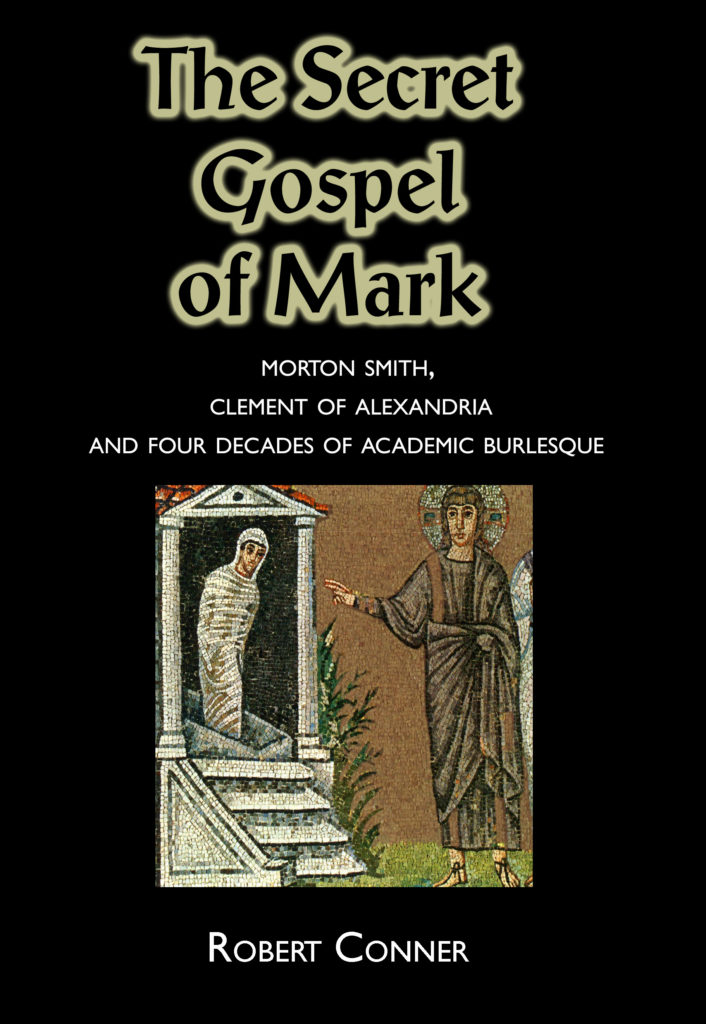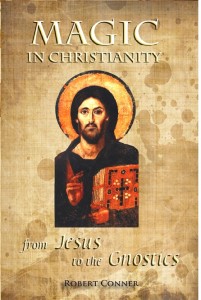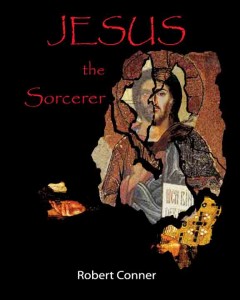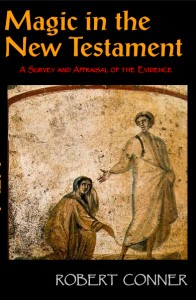
Morton Smith, Clement of Alexandria
and four decades of academic burlesque
Robert Conner
The Secret Gospel of Mark
Morton Smith, Clement of Alexandria
and four decades of academic burlesque
Robert Conner
Format: Softcover/160 pp.
ISBN: 978-1-906958-68-8
£15.00+p&p / US $24.00+p&p
Subjects: Religious Studies/Spirituality
Click HERE for USA
Click HERE for the UK Edition
While cataloguing material in the library of the monastery of Mar Saba in 1958, Morton Smith discovered a quotation from a letter of Clement of Alexandria copied in the end pages of a 17th-century collection of the letters of Ignatius. After more than a decade of a collaborative analysis of the find, Smith published his conclusions in 1973, setting off a firestorm of controversy in the New Testament studies guild.
In 1975, a Jesuit scholar, Quentin Quesnell, claimed the letter had been forged and implied that Smith was the forger, moving the focus of debate off the text itself and onto Smith. Since then the pages containing the letter have been removed from the book and possibly destroyed, while Catholic and evangelical writers, none of whom have ever seen the pages in question, continue to claim that Smith forged the letter.
Following his death in 1991, accusations against Smith took on a considerably more personal tone, highlighting his alleged homosexuality and by implication his dishonesty and moral perversity. Although the question of authenticity remains unresolved, the controversy has opened a window on the intellectually corrupt nature of apologetic New Testament studies, a subject of greater importance than the authenticity of early Christian texts.



